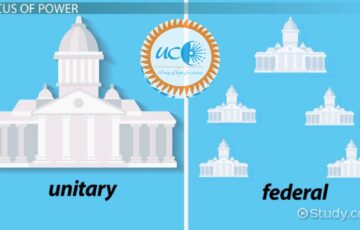“The governor of a state is what a President is to the nation”. Assess the following statement in terms of the powers & functions of the governor.
Introduction:
A governor is appointed on the advice of the Prime Minister. A governor can be assigned multiple states at once. Governor’s tenure of office is 5 years. If an MLA or an MP is selected as governor they should immediately resign.
Body:
Powers of the governor:
Similar to the President, governor also enjoys certain executive, legislative & judicial powers.
Executive:
- Appointing the Chief Minister, Advocate general, members of State Public Service Commission.
- Appointment of Judges of District Courts
- Nominating the members of Legislative Council
Legislative:
- First session of the state legislature is inaugurated by the governor.
- They can send messages, right to address the people, dissolving the legislature.
- Power to send ‘Money bills’.
- Approval for the bills to make them laws.
- Constituting the State Finance Commission.
Judicial:
- Can give pardons and remission of punishments.
- Governor is consulted by the president for appointment of the High court Chief Justice.
Other than these, governor also enjoys some of the emergency powers such as during the ‘President’s Rule’, the governor will override the functions of the ministers and will be the legislative head.
Conclusion:
Thus, we can say that the powers of the governor are similar to that of the President. The decision of the governor regarding the states is final similar to the President. Discretionary powers of governor can be compared to that of the President. We can conclude that the position of a governor is not a mere constitutional head but also a participating authority in state administration.






